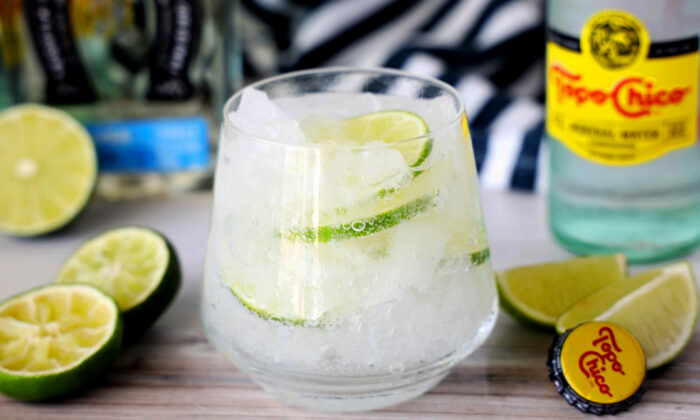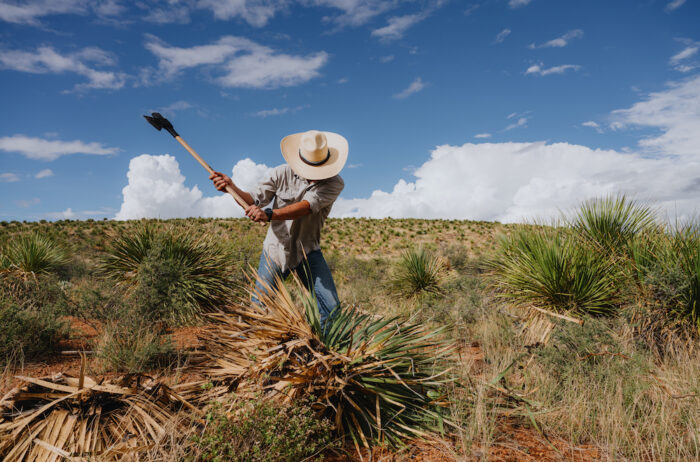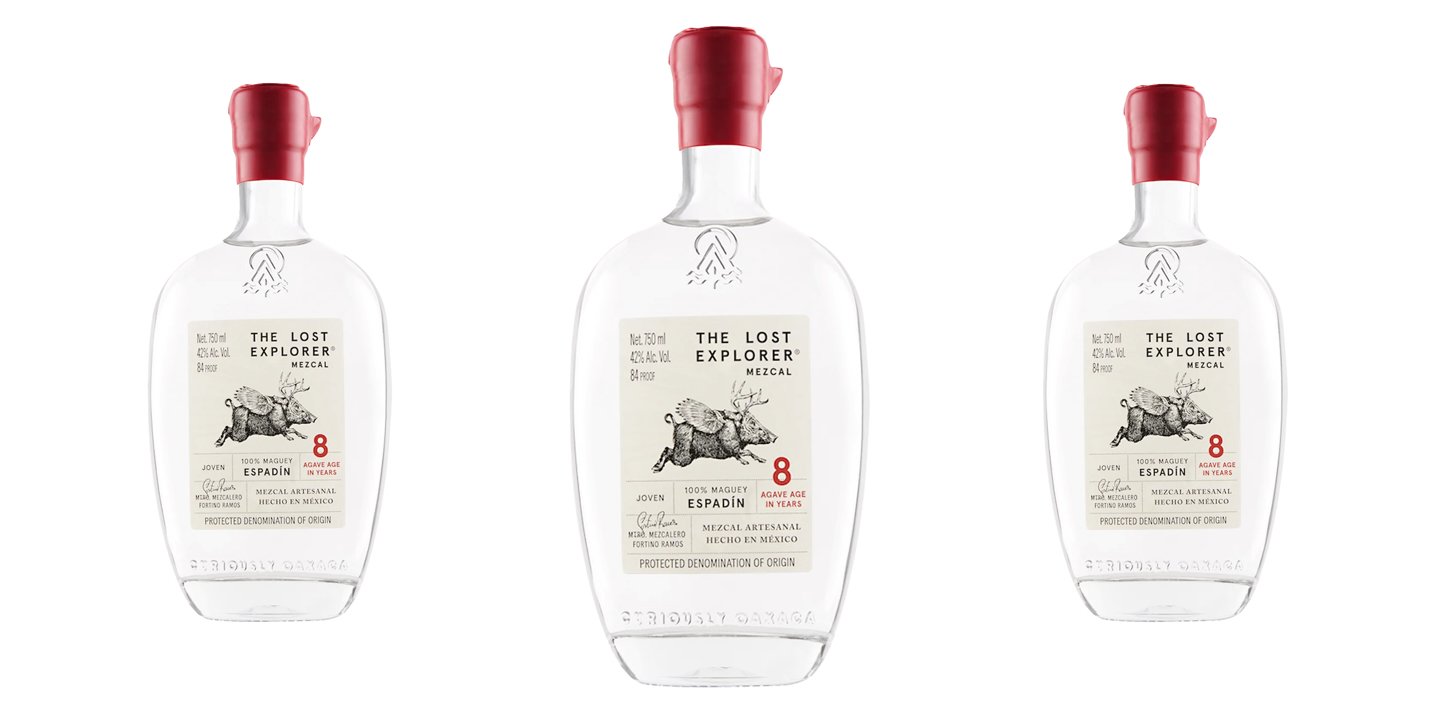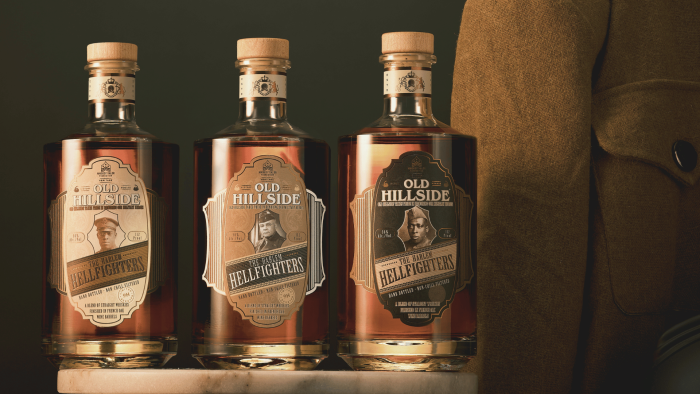Welcome to Add to Bar Cart, where Cool Material’s writers and editors recommend the spirits that they’re enjoying most right now.
When it comes to mezcal, people generally fall into one of two camps. There are the purists, who insist on sipping the spirit neat (or served with a traditional accompaniment of an orange slice and some sal de gusano), and those who prefer cocktails. My house is divided between myself who opts for the former and my wife who leans toward the latter. Therefore, I’m always on the hunt for a mezcal that can do both equally well.
The Lost Explorer Espadin checks the boxes. It’s complex enough to be interesting when sipped neat and packs a wider range of flavors than the many (many) espadin mezcals that have hit shelves recently. It also packs more punch than the 42% ABV suggests, keeping it from getting lost in drinks as straightforward as a paloma as well as in cocktails with other strong-flavored ingredients like a Oaxaca old fashioned.
ABV: 42%
Price: $64.99
Where it’s available: The Lost Explorer website
How The Lost Explorer Espadin Is Made
Maestro mezcalero Fortino Ramos leads production at The Lost Explorer, and has since the first release in 2020. Ramos has 40 years of experience, and his daughter Xitlali works alongside him as the next generation coming up.
The agaves are grown in the Oaxaca region of Valles Centrales, with production following artesanal mezcal guidelines in San Pablo Huixtepec. The espadin are left to grow for at least eight years to reach peak ripeness before harvest (the brand also makes mezcal with tobala and salmiana varieties, which take up to 12 years). An earthen oven is lined with volcanic rock, soil, stones, and reclaimed local wood before the heart of the agaves (called piñas) are added and covered with soil and a tarp to cook for three days and left to cool for another couple of days.
Then the cooked agaves are macerated and fermented with natural wild yeasts in open-top oak barrels. Finally, the fermented liquid is double-distilled in copper alembic stills and proofed down to 42% ABV before bottling.
8 Bartenders Explain How To Perfectly Customize Your Next Margarita
There are few drinks as beloved as the Margarita. It comes in all shapes and sizes, from petite cocktails from a fancy bar to giant goblet-sized ones at (often tacky) restaurants. But it's also an easy cocktail to make your own at home. All you need is to take the…

What The Lost Explorer Espadin Tastes Like
Green agave, sandalwood, and a slight sweet pineapple aroma are apparent from the first smell. The taste is more ripe agave, green pepper, and red apple peel with a light fruity sweetness in the background, like a peach covered in powdered sugar. The finish leaves a slight tingle after each sip and a lingering green agave flavor. There’s some woody smokiness if you seek it out, but it’s far from a smoke bomb and in cocktails it’s not perceptible.
I tested the mezcal in a number of classic mezcal and tequila cocktails and found it stands out in a pleasant way. At this price point, however, it’s still something that I’d rather drink straight or in a drink that really highlights the spirit. That said, The Lost Explorer has a number of cocktail recipe suggestions on its site that use ingredients like Aperol, Ancho Reyes, chocolate bitters, and even one with beet juice.
If You Like Tequila and Mezcal, Then It’s Time You Get To Know Sotol
Tequila is the second-best selling spirit category in the United States, after vodka. Mezcal is many (many) multiples less than that, but you might not guess as much by how hyped and cherished mezcal is by bartenders, liquor store owners, and the press (and yes, I include myself in that…

Why You Should Add The Lost Explorer Espadin To Your Bar Cart
As much as I let flavor guide what fills my bar cart, it also always feels good (for yourself and the planet) to support sustainable companies. The Lost Explorer has a long-term goal to be the most sustainable mezcal brand in the world. That goes beyond using recycled materials for packaging and repurposing the natural agave byproducts for fertilizer (though those are done too, of course).
Solar panels in the agave fields help with energy, and hyper specific climate analysis helps with plant planning. At least three agave plants are put in the ground for each one that’s hand-harvested, and a research arm called The Lost Laboratory germinates seeds to keep genetic diversity. The agaves are cooked solely with local reclaimed wood in adherence to artisanal methods. Local growers get fair, long-term contracts to help sustain the mezcal community.
With The Lost Explorer Espadin, sipping sustainably also means sipping tastefully.




